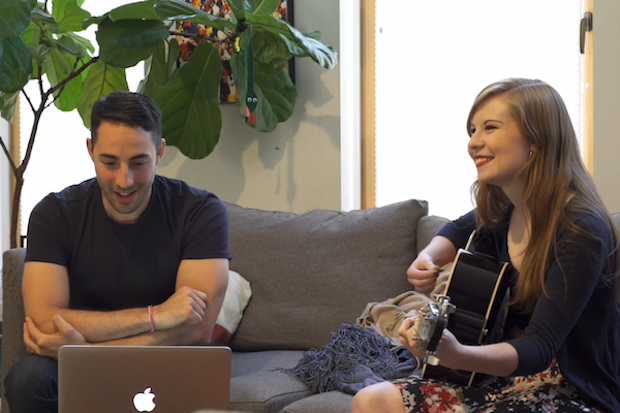Key Issues to Address in Your Collaboration Agreement
I’m sure you’ve heard of the expression “Two heads are better than one. Three better than two,” and so on. This is most likely the case when it comes to creative works. For example in music, most of your favorite jams have several writers, a vocalist and possibly several producers. It’s a team effort, and like all other teams, everyone needs to know where their responsibilities lie to ensure that everyone is accountable and protected legally.
1. Who’s doing what?
Often times, collaborations start off strong with the idea phase, but once it comes to execution things start to trail off. Frequently this is due to a lack of open dialogue about who is responsible for what aspects of the project. To avoid confusion and prevent halting any creative juices flowing from the idea phase, a good collaboration agreement will be as specific as possible about what each collaborator is obligated to do and when it needs to be done.
2. Who owns what?
Ownership is an important aspect of creative work, ESPECIALLY with multiple collaborators. Under Federal Copyright Law, unless there is a previously agreed upon deal in writing, a collaborative work is considered to be a “joint work,” meaning that each collaborator co-owns the Copyright and is entitled to an equal share in any royalties. Regarding the rights to the creative work, as one of the collaborators, you can solely make the decision to license the non-exclusive rights to a third party, say to feature the song in a TV show, as long as you properly pay the other collaborators. However, if a license is for the exclusive rights to the work, every collaborator will have to agree. If that TV show wants to be the only TV show to use that song, then you need to make sure all collaborators are in agreement before approving a license.This default agreement is ideal for most situations, but when the work put into creating the creative work is not equal, then collaborators might want to see alternative options. For example, if writer A on a song wrote all the lyrics and contributed to the production as well as the song structure, and writer B just contributed to the chorus, then theoretically writer A should be allowed to receive a greater share of ownership, or a greater control over licensing and/or other approvals.
3. Who’s getting paid?
“Show me the money!” — Rod Tidwell in Jerry Maguire.
The last thing you want to do after a song has been released and climbing the charts on Spotify is to then figure out how the money is going to be shared. To avoid that, make sure that your collaboration agreement clarifies how the proceeds from the exploitation of the finished project will be shared between the collaborators, and how any expenses associated with the project will be shared between everyone involved.
4.Who’s in control?
Democracy is great, but it won’t work without a President / Vice President. It is crucial to spell out who has decision-making power over important decisions related to your project — especially what do in case of a tie.
5. Who gets the credit?
Give credit when and where it’s due. Similar to our example above, on copyright ownership, credit for the work may or may not deserve to be equally shared. This can be particularly important in the case of film and literary projects. To avoid conflicts down the road, your collaboration agreement should clarify how final credits in the work will read, including, if necessary, their order, size, and prominence.
6. What if somebody quits?
Sometimes a collaboration that looked promising in the beginning just doesn’t work out for whatever reason. What if one band member has a family emergency and has to fly back to his hometown? What if a collaborator suddenly decides that music is no longer for him or her, and he or she is finally getting that corporate job? Your collaboration agreement should clarify how the parties can terminate the collaboration, and what happens to their rights in the project should they have to leave for one of these unforeseen circumstances.
7. What happens in case of an unforeseen accident?
Unfortunately, plain bad luck can also sometimes spell the end of a collaboration. Your collaboration agreement should state what happens in the event that death or disability prevents any of the collaborators from completing their portion of the project.
A good collaboration agreement will address these issues, working to every parties’ benefit while also helping to avoid potential acrimony if the collaboration falters. Do you need a collaboration agreement? Not sure if you need a collaboration agreement, or have more questions about them? Contact us and let’s talk about how we can help your project get started on the right foot!


